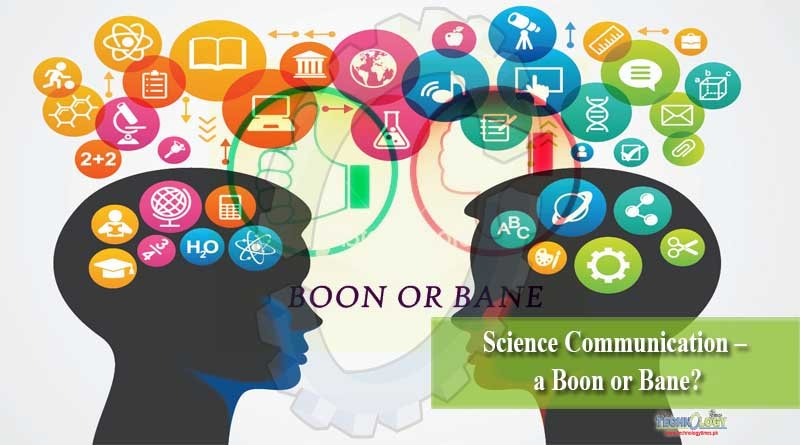Science has made tremendous progress, and it may be called a mixed blessing as it has made our lives peaceful, safer, and more comfortable than those of our ancestors.
We have conquered time and space and have tamed all the forces of nature; in fact, we have risen from the lower position of cavemen to the highest position of spacemen. Thus, the frequent use of scientific methods has helped humans solve problems related to health, medical equipment production, and preservation of food, and most importantly, improvements in our means of communication.
In my perspective, the most significant effect of scientific inventions and investigations is on the human mind and manners. Now we have become more critical and realistic in our attitudes and aptitudes than our forefathers. Mysterious happenings and supernatural events do not attract our attention now. We believe only such things are based on facts, not on sounds. So superstitions are losing ground, and blind faith is being discarded.
But this is the only bright side of the picture; we cannot ignore the darker and dismal aspects of science that somehow destroy our civilization and human life. Man’s urge for authority and his desire to gain control over his fellow men have compelled him to turn this boon into a bane.
The major interference in destroying civilization is a lack of scientific communication among laypeople, which goes deeper than misinformation. An inclusive communication breach exists between the scientific and non-scientific communities. The decisive result is the miscommunication of science.
A layperson is not aware of the new research work on these ever-evolving topics. The science communication failure is clear, and there is a need for time to solve this growing public outreach issue. For this public outreach, the science community should take the responsibility of an accurate depiction of science to the non-scientific community.
If a scientist communicates effectively without considering himself in a higher position, then he or she understands the reason for scientific communication that might not get across. The scientific knowledge needs resistance, as in the instance of global warming, natural selection like the Big Bang theory, social, economic, and more significant in today’s looming circumstance of anti-vaccine movements.
In my opinion, one of the reasons for non-communication is also the lack of scientific communication. May be the scientific community is lacking in educating young minds, sharing information on a precise platform, admiration of scientific research, ethical and critical brainstorming for future endeavours, and most vitally, awareness campaigns related to embryonic science topics.
We often see that when scientists share their research publication results among the reviewed journals, it directly opens a platform for budding researchers to appraise the findings themselves while providing guidelines so that other researchers can reprise the experiment or build on it to validate and endorse the results.
It’s pertinent to mention here that it’s not all the fault of the scientific community. “Effective science communication” is a two-way process that not only helps public outreach but also develops an attitude of open-mindedness.
